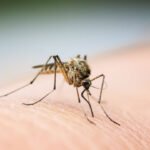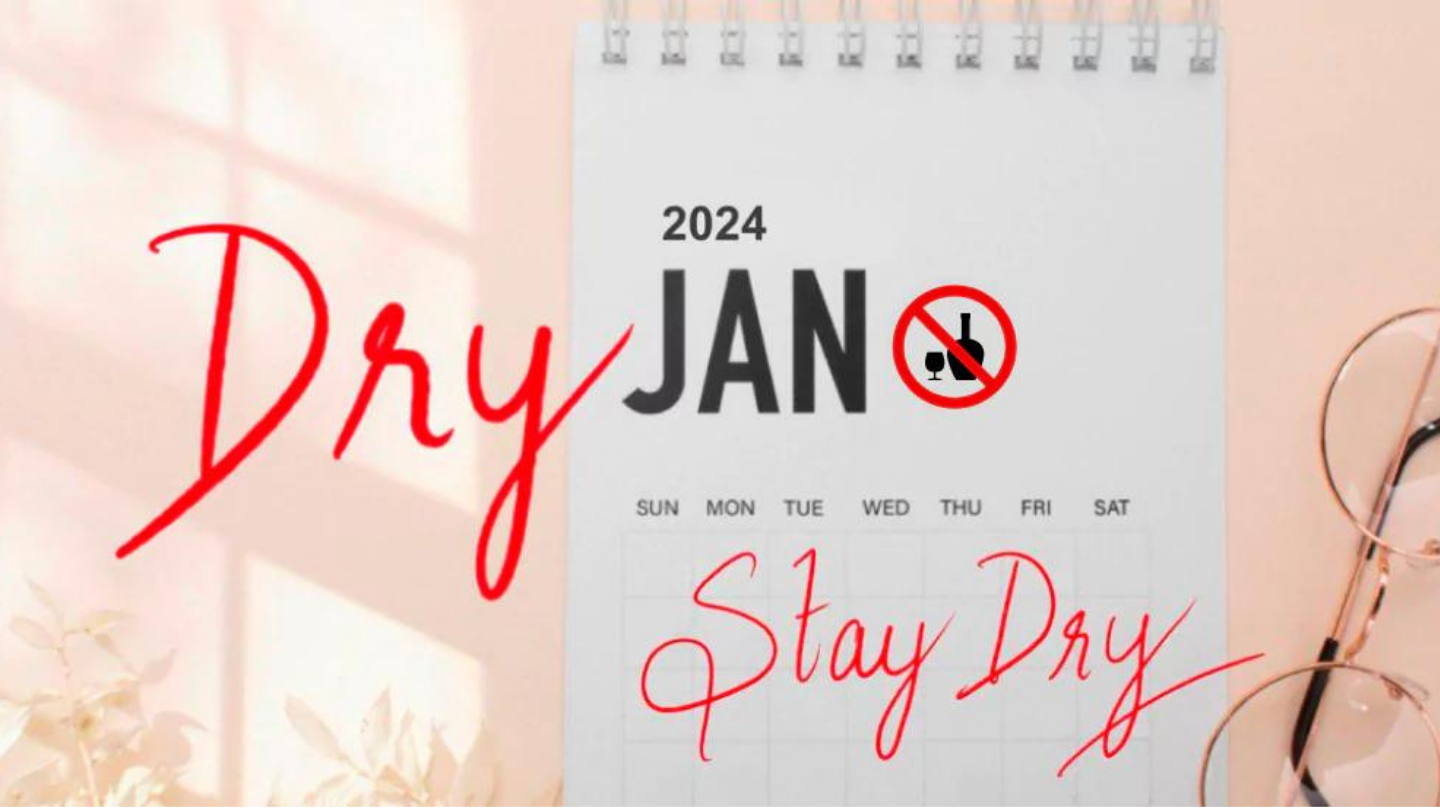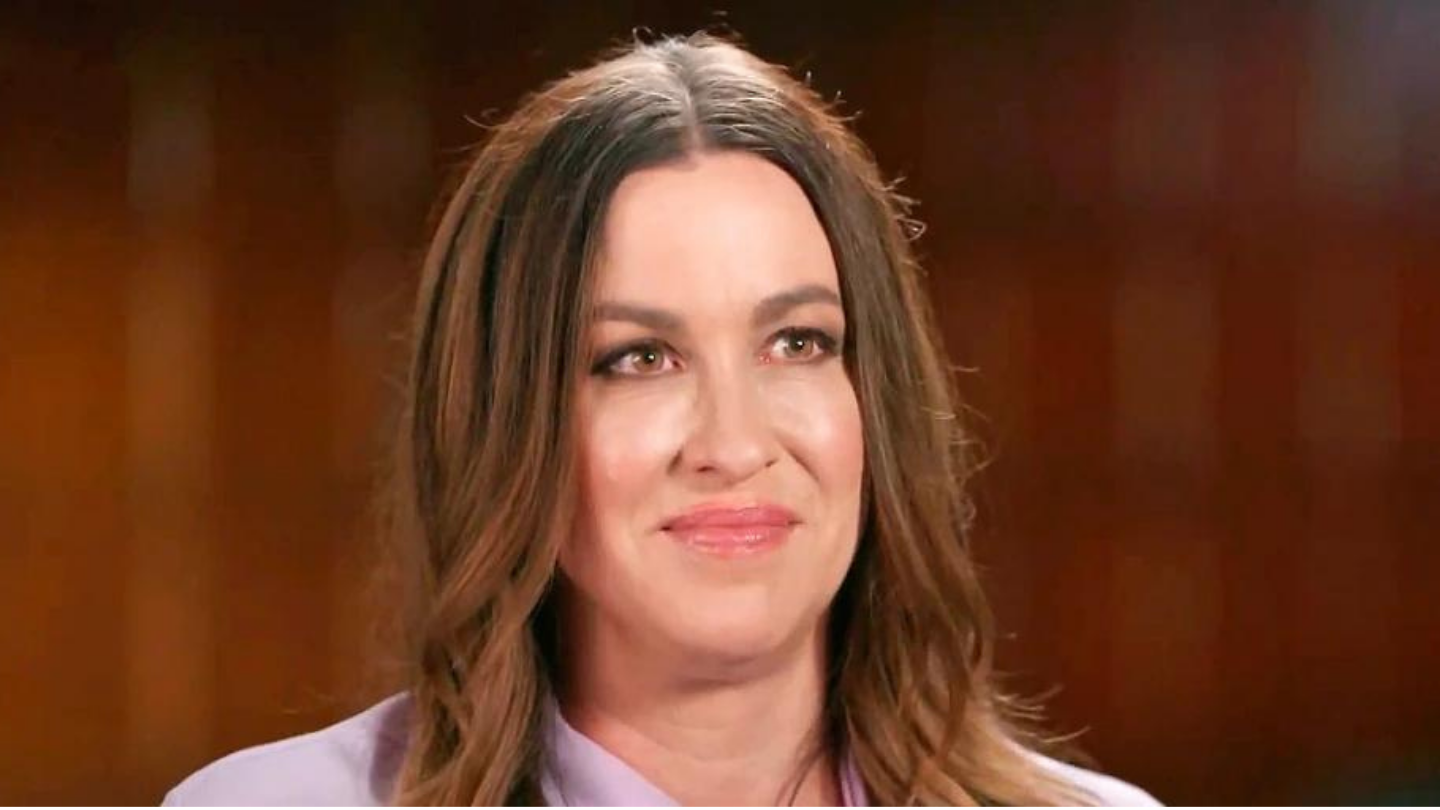As new variants of COVID-19 such as JN.1 emerge, our collective responsibility increases. The ever-changing nature of the virus serves as a reminder to stay informed.
JN.1 covid-19 variant first reported in Kerala COVID-19 is one of the most contagious coronaviruses in the world. The virus has changed several times since it first emerged, with variants making the situation even more complicated. The symptoms of covid-19 covid subvariant are very similar to covid-19 coronavirus. Symptoms may include: Fever Sore throat Runny nose
When new variants or sub-lineages are introduced, there are four main questions that come to mind: Is it faster to spread than the current circulating variant? Is it more deadly? Is it immune-diseased? Does it have an immune-escaping mechanism? Does the immunity that we have acquired have an immune-disease-escaping mechanism, so that even vaccine-immunised people can get an infection again? Does it have the ability to evade testing?

Currently, there is a high rate of protein mutation in this variant of JL.L.1. However, there is a small chance that this variant may be slightly more contagious than the current one.
“We don’t know how much more mutation there will be and how fast it will happen,” says Dr Pandit. “The best way to protect yourself is to wear a mask, especially when in public places.”
The elderly, people with pre-existing conditions, and people with weakened immune systems are at the top of the list. The virus may affect some groups more deeply than others, but it is important to note that the virus doesn’t discriminate. This highlights the need for continued vigilance.
“The virus does not discriminate,” says Chief Intensivist and Critical Care at SRV Hospitals in Chembur.
As the holiday season draws near, it’s essential to emphasise the need for responsible behaviour. Simple things can make a big difference. “We should continue to focus on social distancing, wearing masks, and hand hygiene as part of our collective strategy against the virus,” says Dr Sen. “It’s best to limit gatherings to small, intimate groups and ensure adequate ventilation in indoor spaces.”
As new coronavirus variants, such as the Joint N.N.1 (JN.1), emerge, our collective responsibilities become even more pressing. The ever-changing nature of the coronavirus reminds us to be informed, follow best practices, and put the health of our communities first. Let’s approach the holiday season with caution, swapping big parties for small gatherings and virtual gatherings.
The resilience we have shown during this pandemic shows that we are united in our fight for public health. When we act responsibly, not only do we protect ourselves, but we also help protect the most vulnerable in our communities. Let this holiday season be not just about celebrating, but about recommitting to our shared values of unity, compassion, and security.
Let us face these challenges together with courage, knowing that vigilance, compassion and responsible celebration are as important as ever. Let us look forward to a new year filled with healing, hope and a renewed sense of community as we work together to overcome this global health crisis.
During these difficult times, our common purpose is clear: to celebrate responsibly, safeguard the most vulnerable, and focus on public health, Dr Sen concludes.











